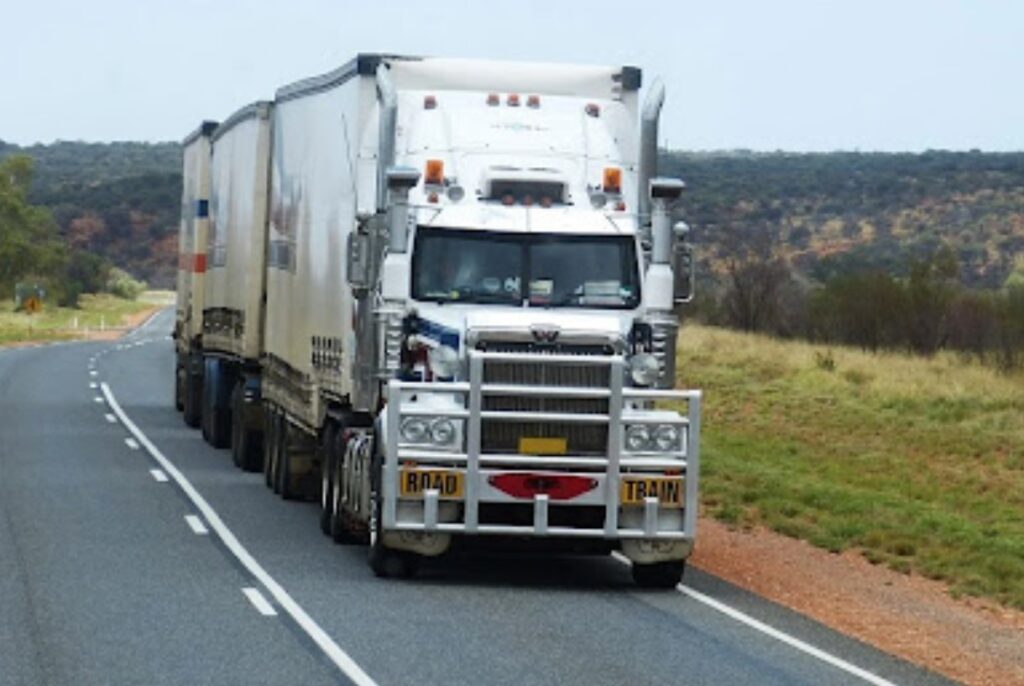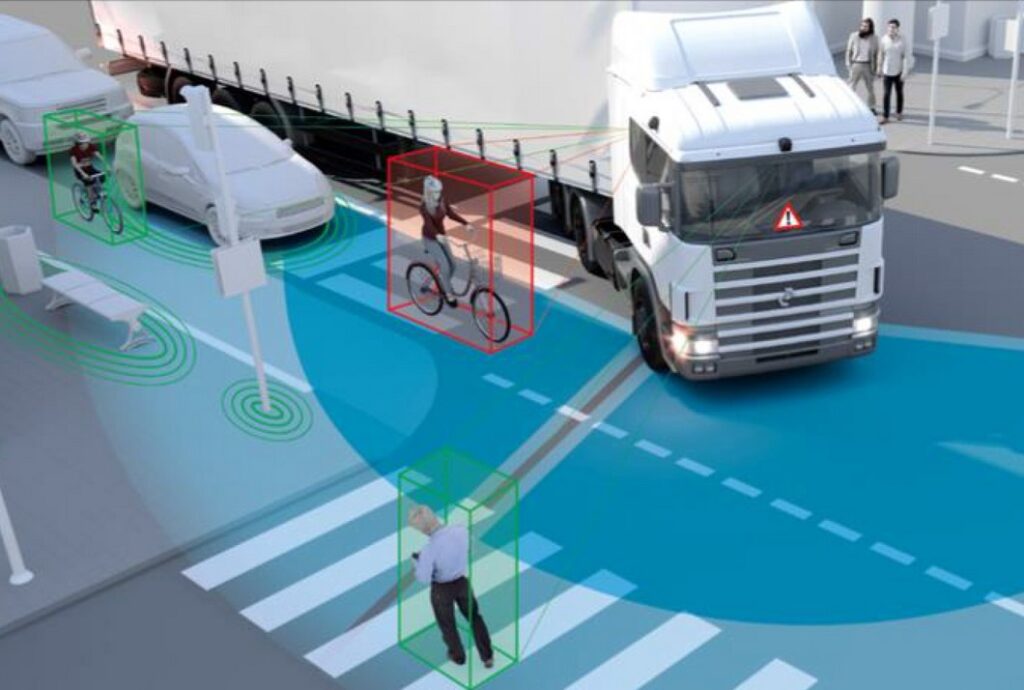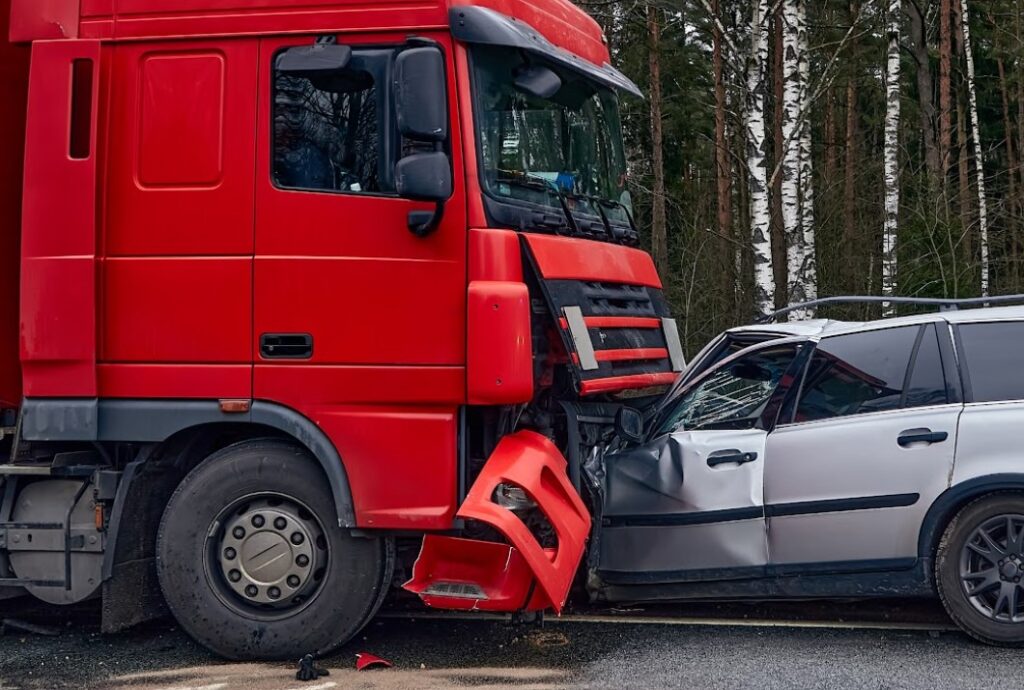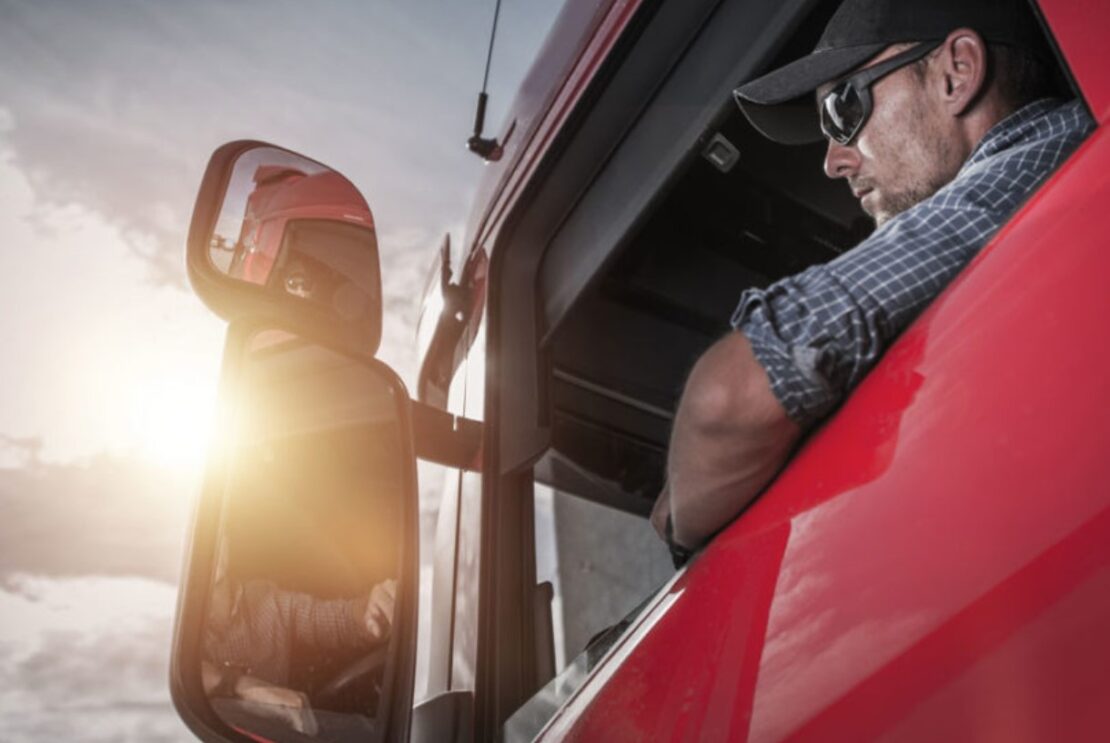Not all driving is equal and it matters a great deal what type of vehicle you are in charge of while navigating the roads. When an average person thinks of driving as an action they usually think of personal cars. However, this is only one form and not at all the most common one. Commercial and professional rivers do it a lot more and it could be said that deliveries and long distance shipments are much more crucial to the world than personal cars.
Reliance on Trucks
It is a common saying that the world depends or relies on trucks. They are used for the shipments of all sorts of goods, and despite the fact that maritime and airline travels are of immense importance, continental travel is still only done on roads and trucks are the go-to option whether you need groceries shipped several states over of if you order a new TV off the internet. This makes truck drivers key workers of the modern world and therefore they need certain guidelines, laws, and regulations in their work.

Trucking is Hard
Considering how much time they spend in traffic, there is sadly always a small chance of all sorts of accidents occurring. Driving a truck is more challenging than driving a smaller vehicle because the driver simply cannot see everything and has to rely on their spatial awareness and maneuvering skills, as well as a tiny bit of luck. The luck part comes in the form of unaware or careless drivers and pedestrians who are in the blind spot of a truck.
Blind spot accidents are a difficult topic because they happen suddenly, without any way of knowing you can hit something or someone, and that makes them difficult to deal with for all sides. In the article here we are going to talk more about these accidents and try to determine who is to blame in them. If you want to learn more about who is usually liable in blind spot truck accidents, keep on reading. Furthermore, for additional info on the matter, make sure to check out Truck Blind Spots.

What are Blind Spots
Blind spots, as their name suggests, are areas that are hidden from our eyesight from a certain perspective or position. The person in question is completely unable to see what is going on there due to a combination of factors limiting and disrupting their view. In traffic, there should be as little of these as possible, which is why all vehicle are designed with as many windows and mirrors as possible. However, considering how big trucks are, there are always certain blind spots drivers can do nothing about except give signalizations while they slowly move to make the maneuver.
On a large commercial truck, there are large blind spots as well. They are also called no-zones, and they are familiar to those not driving trucks as well. Taught in driver’s education, they are easy to spot if you use common sense and your skills on the road. Areas behind the truck as well as directly in front under the windscreen are obvious blind trucks, but so are the sides. The longer the trailer, the bigger the blind spot. Children are usually advised not to stand or walk by these areas, as are new drivers when more senior and experienced individuals give them their tips and tricks regarding road safety. Still, accidents do happen, so who is to blame when one does occur?

Who is Liable?
Blind spot truck and traffic accidents happen all the time, and sadly, people still do not pay enough attention to this problem. When something like this takes place, the trucker and the trucking company behind them usually argues that the other side is fully to blame because there is nothing much the trucker could have done in that situation. There is some truth to this in most cases but things are not that simple. If others operate their vehicle in the blind spot for too long or show a high degree of unawareness and lack of attention, the trucker is obviously not at fault though.
Still though, there is not a specific law that says that other participants on the road are forbidden from driving their cars or riding their motorcycles in such proximity to a commercial truck. The same goes for parking and just being close to a truck while it is stationary. While strongly discouraged, being close to a no-zone is not illegal in terms of traffic laws. The truck driver is always at fault if they failed to check their blind spots before changing lanes, turning, or speeding up. These are all things all drivers should do so in those terms the trucker can be blamed like any other side involved in the accident.

Common Causes
There are textbook causes that tend to happen when blind spot truck accidents are concerned. These involve vehicles following a truck too closely or the truck itself following passenger vehicles too closely. It is crucial to keep the distance between both the vehicle in front of you and the one behind you to maximize road safety in general. Then there are those for some reason purposefully being in the blind spot for too long. The trucker cannot do much in such scenarios. Another way the accident can happen is if the truck driver disregards the traffic surrounding him during regular driving activities, or if they show aggressive behavior like braking too hard and suddenly or cutting off other vehicles.
In any case, the potential for injuries and damage is high. Typical injuries include brain trauma, spinal cord injuries, broken and dislocated bones, punctures, lacerations, crushes, internal bleeding and damage, scarring, and disfigurement. Each accident is different and a lot of things are examined, from tire marks to prove there was enough braking to avoid the accident to witnesses describing what they saw. In modern times, dashboard cameras that most commercial trucks have are enough to prove whose fault it is. To summarize is in simple terms, both the truck driver and the other side can be liable for the accident.





